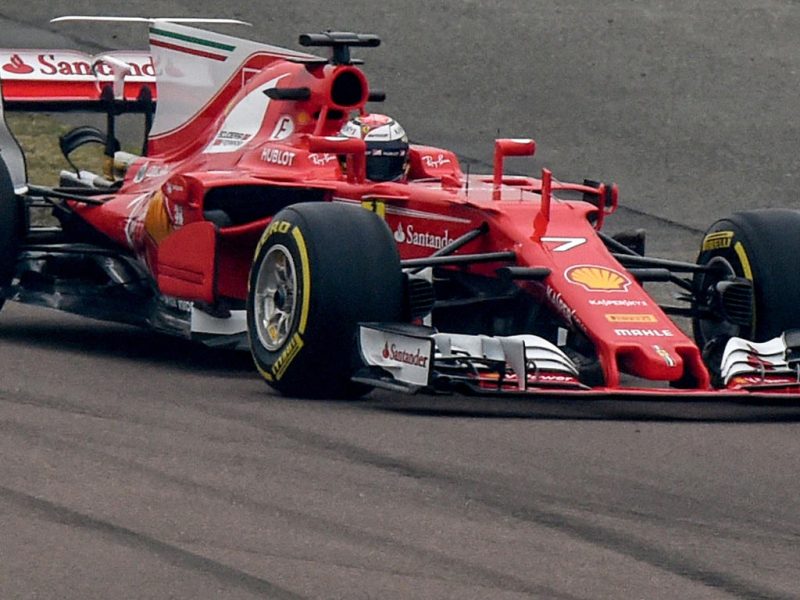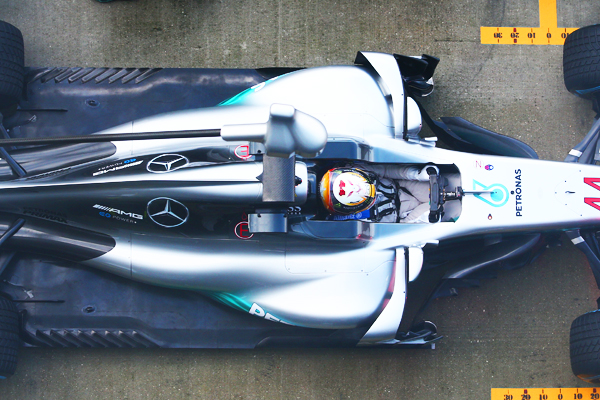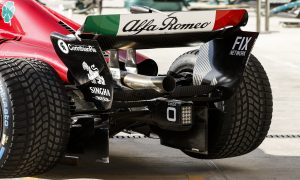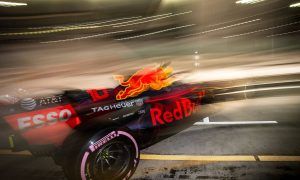Coming off a second winless campaign in three years, Ferrari knows its SF70H must deliver the goods in 2017, especially with Sebastian Vettel entering a contract year… F1i's Nicolas Carpentiers takes a closer look at the latest charger from Maranello.

SOPHISTICATED OR OVER-ELABORATE?
Looking at the new Ferrari is like travelling 10 years back in time to return to an era when cars were fitted with a bevy of winglets, deflectors, vanes, and other areo elements. With James Allison, recently appointed as Mercedes’ technical director, and aerodynamicist Dirk de Beer, now serving at Williams, leaving Maranello last summer, it remains difficult to pinpoint the filiation of the SF70H.
The sidepods extend to the mandatory dimension limits (like on the Mercedes W08) while also sporting a sophisticated, if not over-elaborate, design.
On each side, a ‘C’-shaped vane tightly hugs the sidepod inlet, which is placed far to the rear and perpendicularly to the chassis.
It is actually quite hard to make out the two elements with the impression that there is a hole in the bodywork. It’s only from a bird eye’s view that this intertwined installation becomes clearer.
The inferior part of the vane guides the airflow towards the lower sidepod area, thus bringing more energy to the flow as it travels to the back of the car. The upper section of the vane channels the air to the radiators placed inside the sidepods.
Attached at the base of this vane is another deflector, which is flat with a trapezoidal shape and does not extend all the way down to the floor.
These elements (the sidepod vane and trapezoidal deflector) are two separate parts on the new Ferrari, whereas there is only one component on the Renault R.S.17, the McLaren MP4-31 and to some extent on the Mercedes W08.
The trapezoidal element has two horizontal slits and is placed behind the front tyre: it helps protect the sidepod from the dirty wake of the wheel.


 '
'




